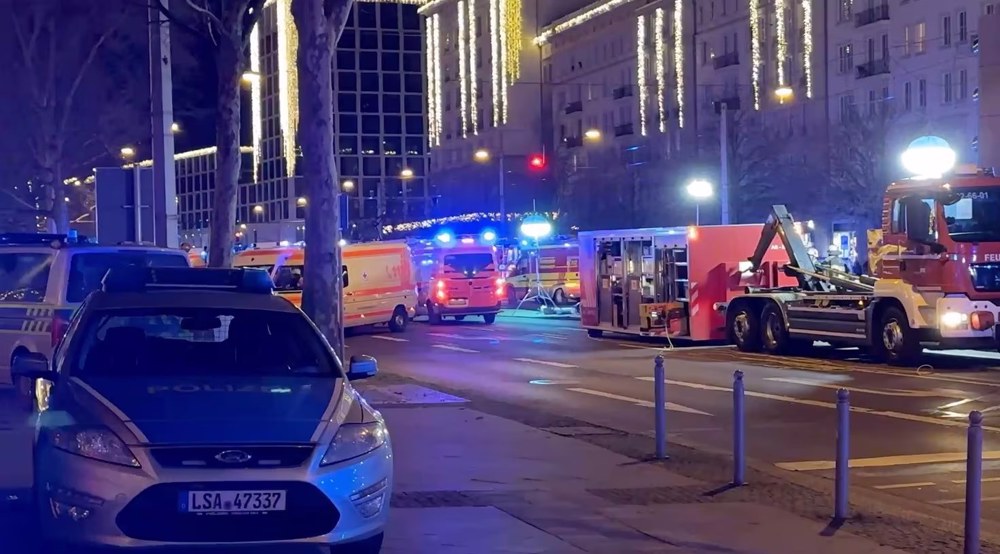German coalition fails to reach agreement on refugees plan
Germany’s ruling coalition has failed to reach an agreement on a single refugee policy as the country is facing the largest ever influx of asylum seekers in decades.
On Sunday, German Chancellor Angela Merkel’s spokesman, Steffen Seibert, said the coalition’s rulers had failed to iron out differences over the situation after two rounds of talks over the weekend.
He added that the "grand coalition" leaders would meet again on Thursday for further negotiations, ahead of a conference of German state leaders.
"They agree on several points, as well as on several points that still need to be resolved including the issue of 'transit zones’," Seibert said.
Merkel’s spokesman was referring to a proposal to establish airport-style processing points along the country’s borders in order to allow a more convenient return for asylum seekers who do not meet requirements.

The meeting was set up after the Christian Social Union's (CSU) Horst Seehofer threatened the chancellor with consequences if she failed to limit the number of asylum seeker arrivals by the end of the weekend.
Since the start of the year, thousands of people have arrived in Germany, which is Europe’s top destination for refugees fleeing war and persecution in the Middle East and Africa.
Last month, Germany’s Defense Minister Ursula von der Leyen said Berlin was considering using military aircraft to accelerate the deportation of those denied refugee or asylum status in the country.
According to the latest figures released by the International Organization for Migration (IOM), 724,228 refugees have reached Europe’s shores so far this year while a total of 3,329 people have either died or gone missing in their perilous journey to the continent.
‘Clock ticking’: UNRWA slams unjustifiable killing of children in Gaza
BP to be sued in Britain for supplying oil to Israel
VIDEO | Press TV's news headlines
Israeli strikes on north Gaza hospital ‘extremely dangerous, terrifying’: Director
VIDEO | Yemen targets Tel Aviv with Palestine 2 missiles
Pezeshkian: Iran resolved to complete North-South Transport Corridor
VIDEO | Iran-Syria: For Resistance
Qassam Brigades claims killing 3 Israeli troops in northern Gaza










 This makes it easy to access the Press TV website
This makes it easy to access the Press TV website